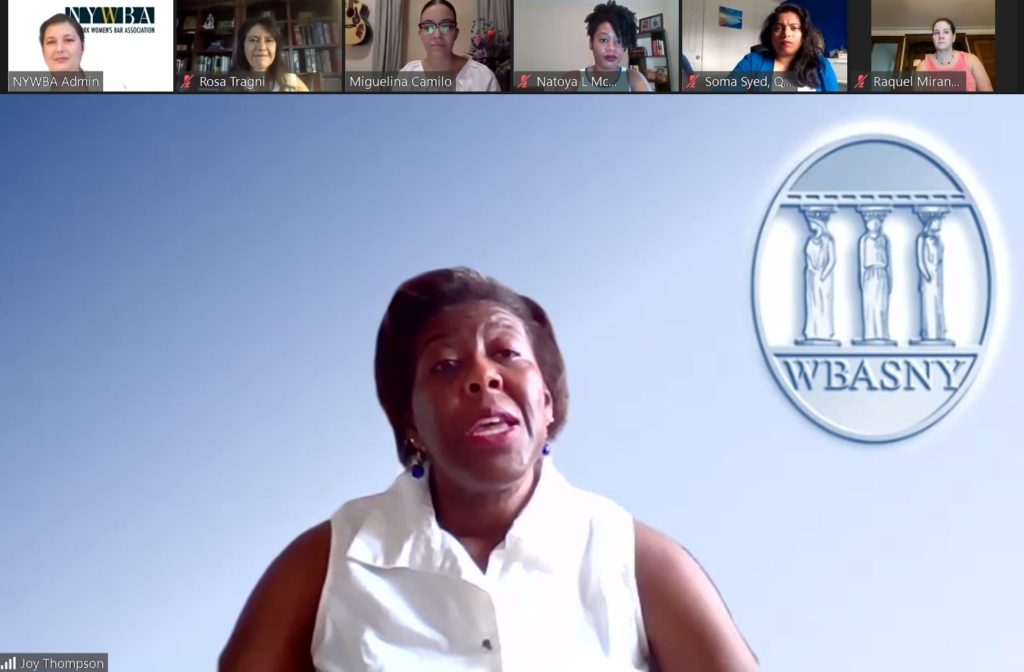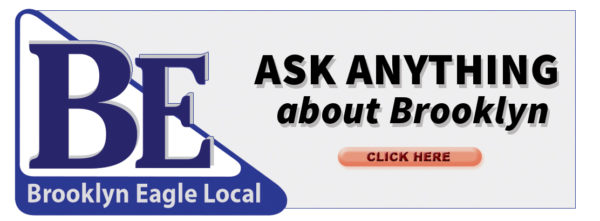6 women’s bar association presidents come together to celebrate the right to vote

 The presidents of the women’s bar associations from New York City and the head of the statewide bar set aside part of their Saturday on Aug. 8 for “Equalitea,” a celebration and discussion of the 19th Amendment, which gave women the right to vote.
The presidents of the women’s bar associations from New York City and the head of the statewide bar set aside part of their Saturday on Aug. 8 for “Equalitea,” a celebration and discussion of the 19th Amendment, which gave women the right to vote.
This year marks the 100th anniversary of the Amendment’s passage.
“We got the name for the event because sitting down and talking over tea was one of the earliest ways that the suffragettes spread the word about the importance of women’s right to vote,” said Joy Thompson, president of the Women’s Bar Association of the State of New York (WBASNY).

Brooklyn Boro
View MoreNew York City’s most populous borough, Brooklyn, is home to nearly 2.6 million residents. If Brooklyn were an independent city it would be the fourth largest city in the United States. While Brooklyn has become the epitome of ‘cool and hip’ in recent years, for those that were born here, raised families here and improved communities over the years, Brooklyn has never been ‘uncool’.